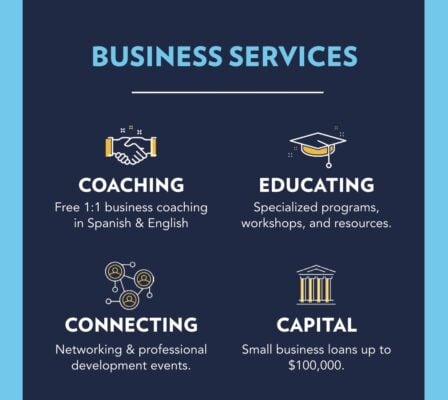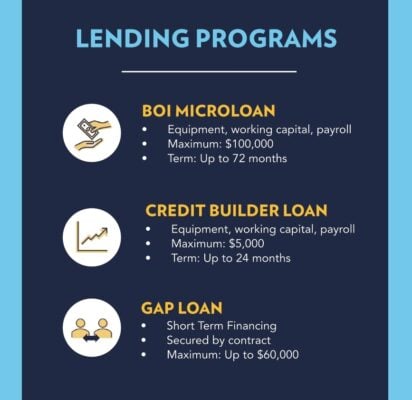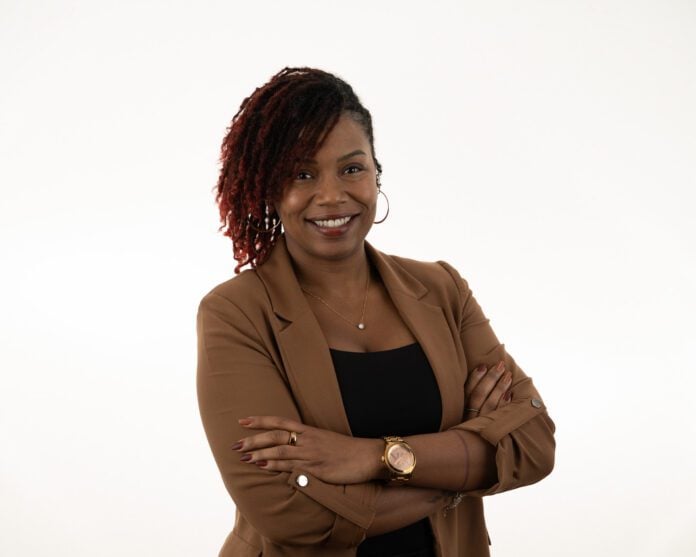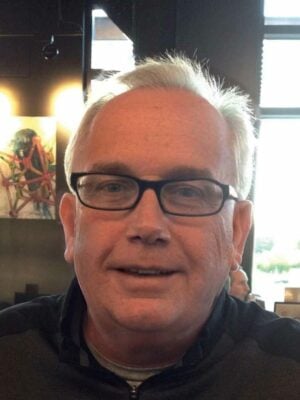There’s no universal definition of strength.
For some, it’s grit. For others, it’s balance. For me, it’s a bit of all the above: strength in discipline, strength in collaboration, and strength in numbers. As an athlete and a CPA, I’ve learned to appreciate how progress is measured, sometimes in miles, sometimes in margins, but always in truth. Numbers tell a story, not just of success, but of opportunity.
In Central Indiana, we’ve watched a quiet but steady force power our economy forward: small businesses. Defined as for-profit companies with fewer than 500 employees, they comprise more than 99% of Indiana’s businesses and employ nearly half the private workforce. In the last five years alone, nearly 60,000 businesses were born in the Indy region. Many of them started as a single idea scribbled in the margins of a lunch break — others from generational ambition, handed down with pride.
But here’s where the numbers demand attention: between March 2021 and 2022, more than 12,700 small businesses closed in Indiana, and based on national failure rates, nearly 30,000 closed in Central Indiana over the past five years. The three-to-five-year mark is often where entrepreneurial dreams either scale or stall out. This is where strength in numbers matters most — not just the data but the community behind it.
The truth is, many business owners don’t need more hustle. They need access. Access to capital. Access to a path forward. And access to a system that doesn’t wait for someone to “get big enough” before offering a seat at the table.

That’s why Community Development Financial Institutions (CDFIs) exist. They’re not a new trend or a flashy fix. They’re designed for the in-between: for business owners who are beyond startup energy but still building the financial backbone needed to grow and scale.
CDFIs play a critical role across the capital continuum through credit-building, gap-filling, or other capacity-building loan products. They serve a vital need, especially for businesses that have historically been under-resourced or deemed “unbankable.” What sets CDFIs, like the Business Ownership Initiative (BOI), the Indy Chambers lending arm, apart is their ability to meet business owners where they are, not just where we wish they’d be. But even the most innovative capital solution is ineffective if no one knows how to access it.
The reality is, we’ve made starting a business easier. But growing one? That’s where the road gets muddy. Systems are disjointed. Advice is inconsistent. And the road map is … well, more like a choose-your-own-adventure than a GPS.
Our role at the Indy Chamber isn’t to reinvent the wheel. It’s to help draw the map and bring the right people to the table to help build it. That means convening financial institutions, support organizations, and leaders across the private sector to ask better questions: Where can we plug in? How do we make scale possible? What do the next three years look like for the business we just helped launch?

We’re not doing this alone.
Across Central Indiana, a growing network of partners is working to organize the entrepreneurial and small business ecosystem, helping make sure the businesses that start here can stay here because supporting business owners isn’t charity work. It’s economic development. And it’s one of our most powerful tools for a more resilient and equitable region.
Strength looks different for everyone. But strength in numbers — that’s how a business community thrives. It’s how we make the leap from survival to scaling. And it’s how we move to a region that champions the growth and scale of entrepreneurs and small business owners.
If you’re a business owner looking for support or a leader ready to help build the map, join us. Connect with the Indy Chamber and our partners to make sure no one is building alone.
ZeNai Savage is the chief financial and administrative officer for the Indy Chamber.




